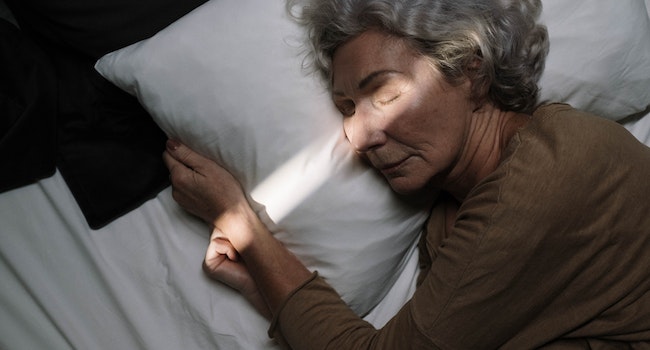
Psychotropic medications are drugs used to treat mental health disorders such as depression, anxiety, bipolar disorder, schizophrenia, and others. These medications act on the central nervous system and can help to alleviate symptoms such as mood disturbances, hallucinations, delusions, and other behavioral or emotional symptoms.
Psychotropic medications include various drug classes, including antidepressants, antipsychotics, mood stabilizers, and anxiolytics. Psychotropic medications should only be used under the supervision of a healthcare professional, as they can have side effects and interact with other medicines.
The side effects of psychotropic medications can vary depending on the type of medication. Common side effects include sedation or drowsiness, dizziness, nausea or vomiting, headache, insomnia or sleep disturbances, and changes in mood or behavior, such as increased anxiety, irritability, or suicidal thoughts. Not everyone experiences side effects from psychotropic drugs, and some people may only experience mild side effects that subside over time.
Sleep microstructure refers to the detailed patterns and characteristics of the various stages of sleep that occur throughout the night. During a typical night's sleep, a person goes through several cycles of different sleep stages, each with unique characteristics and functions. The effects of psychotropic medications on sleep microstructure are poorly understood.
To investigate whether there is a link between psychotropic medications and the quality of sleep in older people, researchers studied the sleep patterns of 381 women from the Study of Osteoporotic Fractures and 2,657 men from the Osteoporotic Fractures in Men Sleep Study, who either used no psychotropic medication, only benzodiazepines, or only selective serotonin reuptake inhibitors (SSRI). They measured the sleep quality using a technique called overnight polysomnography. Polysomnography measures various physiological processes during sleep, such as heart rate, muscle activity, and eye movements.
